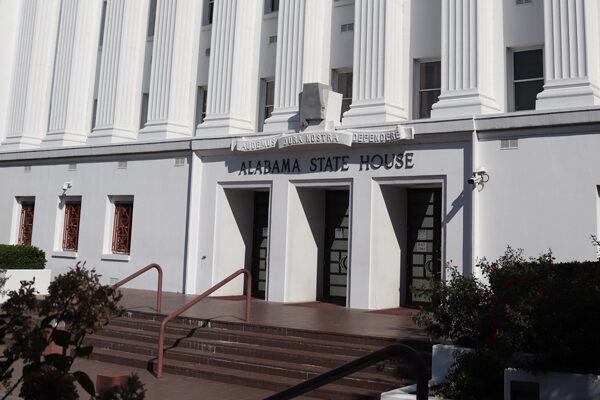The special legislative session is moving along after already burning through two of the five available legislative days and no bills passing the House or Senate.
Gov. Kay Ivey called the special session on Wednesday for the legislature to allocate over $1 billion in federal funds from the American Rescue Plan Act (ARPA).
This special session was called in the middle of the regular session, scheduled to resume on March 21.
State Rep. Rex Reynolds (R-Huntsville) sponsored the two bills addressing funding. House Bill 1 (HB1) gives over $1 billion to public health, improving infrastructure and mitigating negative economic impacts.
House Bill 2 (HB2), also sponsored by Reynolds, allocates $60 million from the State General Fund to pay the remaining amount owed to the Alabama Trust Fund. The Senate version of the bill is sponsored by State Sen. Greg Albritton (R-Atmore). Alabama voters approved a $437 million transfer from the ATF in 2013 to balance the state budget. The $60 million in HB2 would fully pay off that debt.
Special sessions are limited to five legislative days, meaning the House and Senate can gavel in for five total days.
Thus far, the House and Senate have used two legislative days without voting on any bills.
The Senate and House versions of HB2 passed their respective committees on Thursday. HB1 also passed the House Ways and Means General Fund Committee, with only one vote against the bill from State Rep. Arnold Mooney (R-Pelham).
Reynolds, the House General Fund chairman, told 1819 News that there seemed to be sufficient support for the bills in the House. However, he does anticipate some questions from the House floor.
"I think Representative [Arnold] Mooney was the only one who voted against the bill," Reynolds said. "I think we'll continue to have some questions on the floor of the House on Tuesday, but we should have enough support across the board to pass the bill, and then it will then move to the Senate."
While only three legislative days remain in the special session, Reynolds anticipates possibly having days in excess to address any potential hangups.
"You could cut it short, but we typically maximize that time because then the bill will go across the street for the signature of the Governor, and if we needed time to modify something, we would have a day left to do it. If we transmit it to the Senate, if the Senate amended the bill and it had to come back, we still got time to address it before the 21st."
Reynolds says he does not expect any amendments to the bills since he has already engaged in lengthy behind-the-scenes negotiations between him and House members.
"I don't expect any amendments; I think there's going to be some questions," Reynolds said. "The [members] that had potential amendments, I feel like I spent a lot of time with them. We've worked through some of their concerns about the ARPA bill. We are going to be able to manage them within the Memorandum of Agreement (MoA) with the agencies, and that's where we will get into specific wording."
To connect with the author of this story or to comment, email craig.monger@1819news.com.
Don't miss out! Subscribe to our newsletter and get our top stories every weekday morning.









